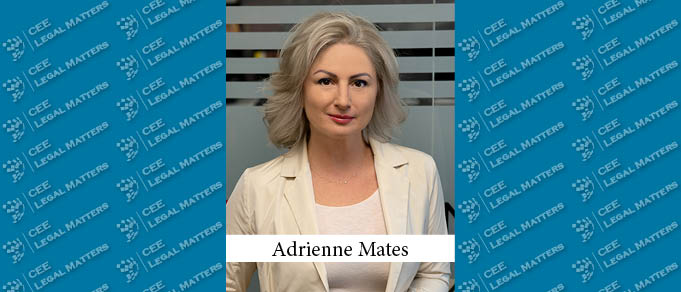Social media has become a phenomenon, representing our extroverted life, and thus a critical part of our work environment.
It has also become a powerful tool of communication, where information about events, news, and products can be found and made available. These tools are essential for companies that wish to open a direct channel of communication with their consumers/clients. However, it is obvious that, for people working in a particularly delicate sector – one in which communications are strictly regulated – social media offers a frontier to be explored, but which at the same time has to be approached with utmost caution. Its use is easily abused.
So, Whose Social Media Is It, Anyway?
Under the Hungarian Labor Code, employees wishing to participate in social media outside their paid working hours must do so in a way that does no harm to the employer’s reputation or legitimate economic interests. The employer may discover the need to restrict the personal rights of the employees for using their social media, on conditions that such restrictions be proportionate and well-documented.
Where does the control of the employer stop and the employee’s freedom of personal social media use start?
Regulations applicable to specific sectors are usually quite strict and misdirected comments by employees on social media, in addition to potentially causing damage to the reputation of the company, could potentially result in heavy monetary fines. For example, an innocent personal comment by the employee in a social media group can trigger compulsory control by an authority for the employer, if they can be associated with it. Hence, utmost attention should be paid to the independent activities of company employees on social networks to monitor content (such as videos, images, and texts) published on their own pages or accounts, and comments posted on other people’s pages.
Indeed, this is a thin line, and, aside from two short general clauses in Hungary’s Labor Code, we are left to our best judgement. Employers tend to forget about a powerful tool they might have to set ethical rules of conduct. This tool – the creation of a so-called “Employers’ Handbook” – can be a flexible but statutory solution, as, once it is implemented, it can be modified unilaterally by the Employer, unlike an employment contract, which needs mutual agreement to be modified.
How Can the Employer Advise its Employees?
To help employees use social networks properly and in an informed manner, employers are strongly encouraged to establish several simple rules and require that they be followed carefully by any employees wishing to publish content related to their employer, its brands, or its products on social media channels. Employers should also remind the employees that these rules exist to protect them as well. Should disputes arise, the existence of such rules can serve as a basis for compensation for damages.
Here are some useful tips to include in an Employer’s Handbook regarding social media:
The instruction that employees should never publish content concerning confidential, sensitive, and private products or information on social network channels. For example: video of an internal company event, or information regarding sensitive company data, the launch of new products, projects in progress, sales or financial data, sector data, details of company revenues, strategies, etc.
The instruction that only information that has already been published or authorized by the employer’s official communications department should be published.
A reminder that even if employees clearly state that they are speaking from a personal point of view, in the mind of their readers their posts will be easily associated with the company they work for.
A reminder that the employer can hold employees legally responsible for content of a defamatory and pornographic nature, and content that is copyright-protected, offensive, slanderous, or that may create a hostile working environment.
A reminder that respecting the privacy of others means that employees shall not mention or share photographs, names, or other personal materials of colleagues.
A reminder that publishing comments or content under anonymous or fake names should be avoided.
The list could go on, as per specific requirements. Ultimately, it is the employer’s responsibility to exploit all lawful tools to protect its interests.
By Adrienne Mates, Head of Labor, bpv Jadi Nemeth
This Article was originally published in Issue 8.2 of the CEE Legal Matters Magazine. If you would like to receive a hard copy of the magazine, you can subscribe here.




